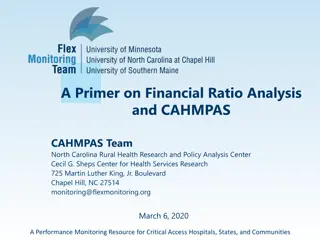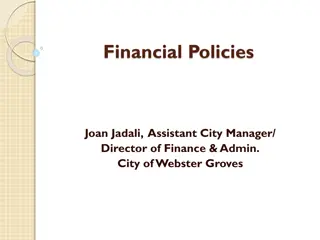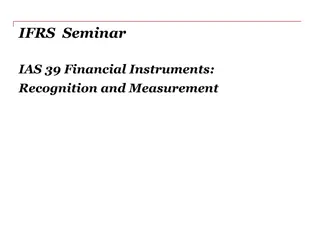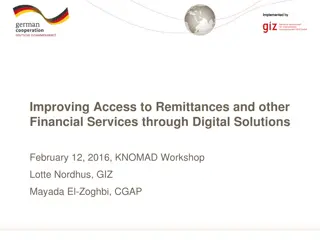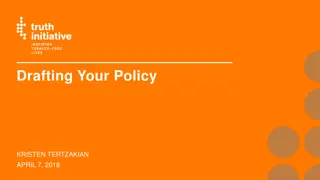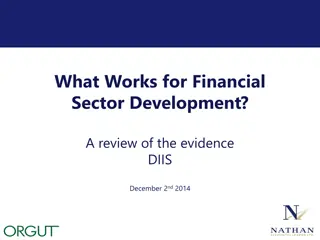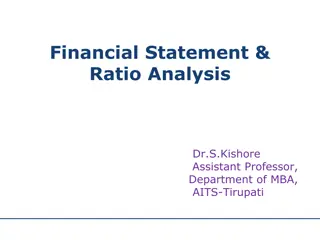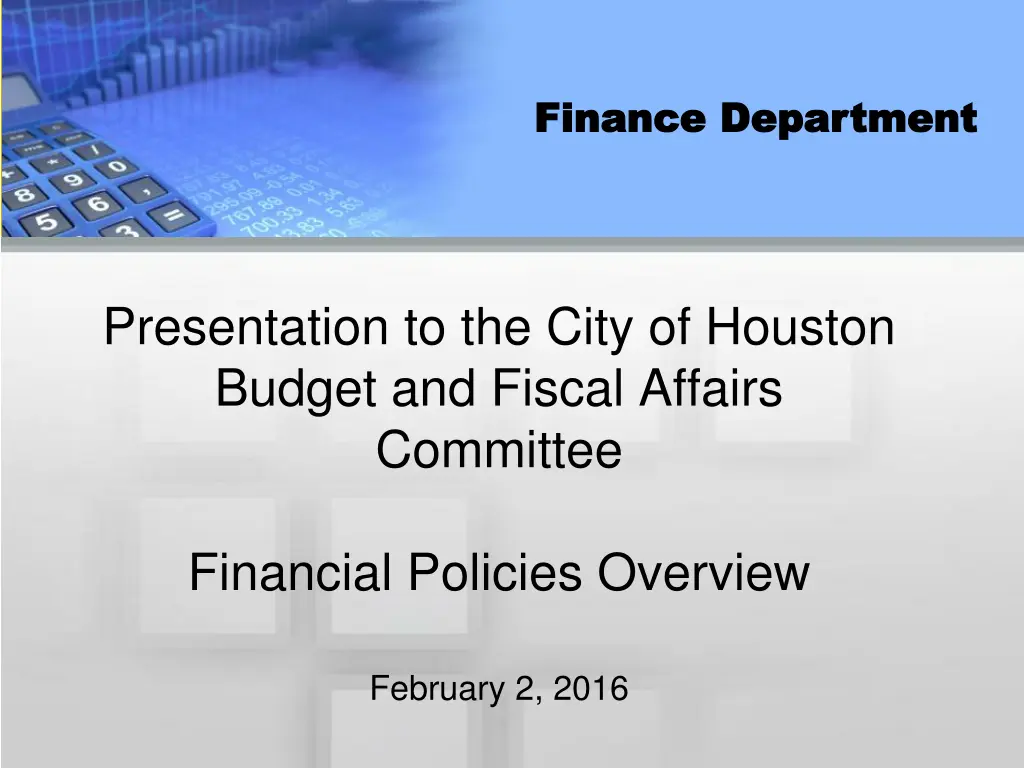
Houston City Financial Policies Overview
Explore the financial policies adopted by the City of Houston, focusing on transparency, reserves, and accountability in stewardship of public funds. Discover the key elements and requirements of the policies set by the City Council to ensure good fiscal management and long-term planning.
Download Presentation

Please find below an Image/Link to download the presentation.
The content on the website is provided AS IS for your information and personal use only. It may not be sold, licensed, or shared on other websites without obtaining consent from the author. If you encounter any issues during the download, it is possible that the publisher has removed the file from their server.
You are allowed to download the files provided on this website for personal or commercial use, subject to the condition that they are used lawfully. All files are the property of their respective owners.
The content on the website is provided AS IS for your information and personal use only. It may not be sold, licensed, or shared on other websites without obtaining consent from the author.
E N D
Presentation Transcript
Finance Department Finance Department Presentation to the City of Houston Budget and Fiscal Affairs Committee Financial Policies Overview February 2, 2016
Financial Policies Background Adopted by City Council in December 2014; took effect with FY16 proposed budget (amended mid- 2015 for PAYGO update) Based on best practices from Government Finance Officers Association (GFOA) and other U.S. cities Positive coverage on GFOA website and in Texas Municipal League magazine Moody s points to policies as indicator of good fiscal management Include new standards for enhanced transparency and accountability in stewardship of public funds Stronger requirements for transparency, financial reserves, budgeting, long-term forecasting and planning
Financial Policies Transparency Proposed operating budget and proposed CIP must include statements indicating whether they are in compliance with each relevant policy Adopted budget must include comprehensive list of all financial policies indicating whether City is in compliance with each policy For each policy where the City is not in compliance, explanation of why must be provided along with a plan for how the City will achieve compliance Policies include requirements for reporting to Council/BFA and public on financial performance and management
Financial Policies Reserves General Fund reserve requirements increased Desired minimum unassigned fund balance of at least 7.5 percent (was 5 percent) of General Fund expenditures excluding debt and PAYGO Any use below desired minimum requires two-thirds Council approval Budget Stabilization Fund (formerly Rainy Day Fund) of at least 1 percent of General Fund expenditures (excluding debt) or $20 million, whichever is greater (was $20 million) Preferred use of fund balance is for non- recurring expenditures; may be used for recurring expenditures if: Budget imbalance is to last no more than one year and can be corrected with fund balance available above minimum Or (if imbalance is projected to last more than one year) with a corresponding plan to close gap through revenue increases and/or expenditure reductions Enterprise funds must have written methodology for determining minimum and maximum reserves
Financial Policies Budget Balanced budget required (revenues sufficient to support expenditures) All post-employment and employee benefit systems must be financed to fully and systematically fund all liabilities Recurring revenues should support recurring expenditures (structural balance) If non-recurring revenues are used to cover recurring expenditures, policies require justification and a plan for ending dependence on non-recurring revenues
Financial Policies Long-Term Focus Five-year general fund forecast presented before proposed budget each year, with specific items for attention in forecast Revenues, expenditures and all long-term obligations Plan for eliminating funding shortfalls that would prevent a balanced budget Identification of requirements for structural budget balance (recurring revenues = recurring expenditures) Other forward-looking elements: Limiting debt increases Reducing General Fund transfer for debt service over time Investing in maintenance, repair and renewal of City facilities through gradually increasing set-aside Fiscal notes on CIP-related requests for Council action to highlight projected operating and maintenance costs
Financial Policies Progress So Far Policies were not designed for full compliance at implementation intent is to set the bar high Going into FY16, out of 64 items: 39 in compliance 16 in progress Nine N/A (not yet in effect but will apply for FY17) Examples of changes to comply include quarterly soft close, increased reserves and BFA adoption of debt-related presentation format
Financial Policies Key BFA Roles Receive presentations on: Results of biennial review by mayor or mayor s designee (proposed changes presented to Council) Reports on regular reviews of City fees/rates (every five years) and employee compensation (every three years) Five-year General Fund forecast Various items related to proposed debt issuance Adopt standard formats for presentations related to debt and economic development Policies also specify Council engagement (via communication and/or approval) on items including use of reserves, replacement of grant funds with local funds, and full funding of long-term obligations






